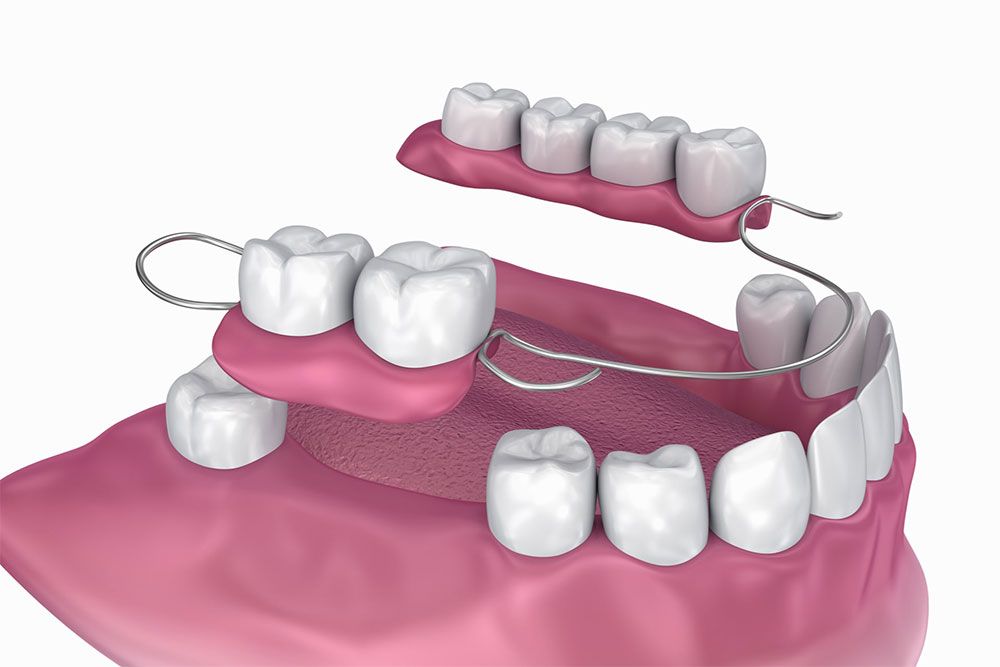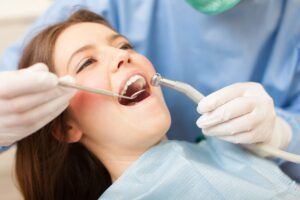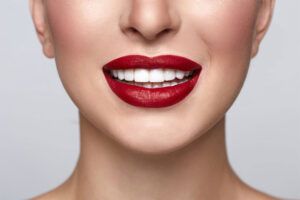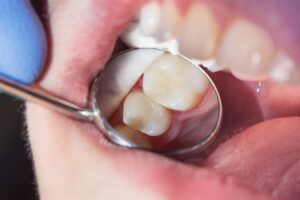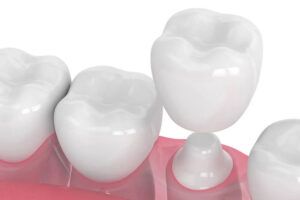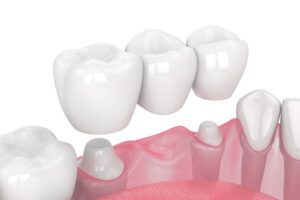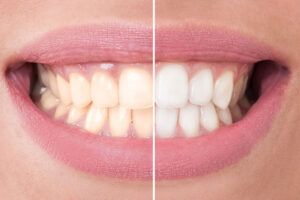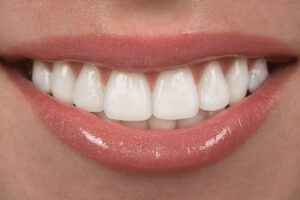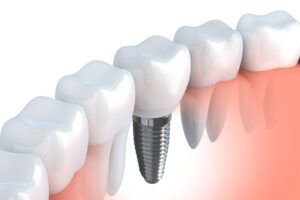Understanding the Difference: Dentures vs. Partials
When it comes to restoring your smile and maintaining oral health, dentures, and partials offer excellent solutions for replacing missing teeth. Understanding the difference between these two options can help you decide which one is right for you.

What Are Dentures?
Dentures are a popular and effective option for individuals who need to replace an entire set of teeth, whether upper, lower, or both. They are custom-made, removable prosthetics that fit comfortably over your gums, providing a natural-looking and functional replacement for missing teeth. Dentures are designed to restore your ability to eat, speak, and smile with confidence. They are typically made from durable materials like acrylic resin, which can be colored to match your natural gums and teeth. Modern dentures are more comfortable and aesthetically pleasing than ever before, making them a reliable choice for full-mouth restoration.
What Are Partials?
Partials, or partial dentures, are ideal for those who have lost several teeth but still retain some of their natural teeth. These removable plates have prosthetic teeth attached to them, designed to fill the gaps left by missing teeth. Partials are custom fit to your mouth, ensuring a snug and comfortable fit. They often include metal clasps or precision attachments that connect to your remaining teeth, providing stability and support. Partials not only enhance your smile but also help maintain the alignment of your remaining teeth and prevent them from shifting.
Choosing Between Dentures and Partials
The choice between dentures and partials depends on your specific dental needs. If you are missing all of your upper or lower teeth, dentures are the best solution for restoring full functionality and aesthetics. On the other hand, if you have some healthy teeth remaining, partials can seamlessly integrate with them, offering a natural look and feel while preserving your oral structure.
At Alder Dental Group, we are committed to helping you find the best solution for your dental health. Our experienced team will work closely with you to determine whether dentures or partials are the right choice for your smile. Contact us today to schedule a consultation at our Tigard, OR location and take the first step towards a more confident and healthy you!
Like a bridge, partial dentures rest on surrounding teeth to fill in the gaps where one or more teeth are missing. But unlike a bridge, partial dentures are fully removable by the wearer. Partials are affordable alternatives to other types of dental prosthetics and are custom-made to blend in with each patient’s natural teeth. It takes a little time to adapt to new partials, but many people find that they reclaim much of their original function and aesthetics with partial dentures in place.
Did you know?
Partial dentures require gentle care and frequent cleaning. Once you get your new partial dentures, you’ll need to:
- Keep them moist at all times by soaking them in a denture solution when not in use
- Gently brush your dentures daily using a soft-bristled tooth brush
- Be careful not to drop your partial dentures, as they may break
- Avoid exposing your partial to hot temperatures that could cause warping
Frequently Asked Questions
Am I a candidate for partial dentures?
You may be a candidate for partial dentures if you have one or more missing teeth, and the space they once filled is surrounded by other teeth or permanent restorations. To find out more about whether partial dentures are right for you, schedule a consultation with your dentist.
What should I expect when being fit for partial dentures?
If you decide to get a partial denture, you’ll need to visit your dentist to have metal clasps attached to your surrounding teeth and an impression made of the area your partial will fill. The impression will be sent to a dental lab, where a technician will fabricate a custom denture that includes a gum-colored base that will fit securely over your gums. A metal framework will be used to attach your new partial to the clasps on your natural teeth to ensure a secure fit.
Will I need to follow any special oral health instructions after receiving my partials?
Yes. Good oral health is still important – even if you have a few missing teeth. In addition to caring for your new dental prosthetic, you’ll also need to brush your gums and tongue twice daily to stimulate circulation and remove bacteria that could cause gum disease. Continue seeing your dentist twice yearly for exams and cleanings, and be sure to bring your partial dentures along to each visit. After a few years, you may find that your partial needs to be rebased to better fit the changes to the bone structure in your mouth.

